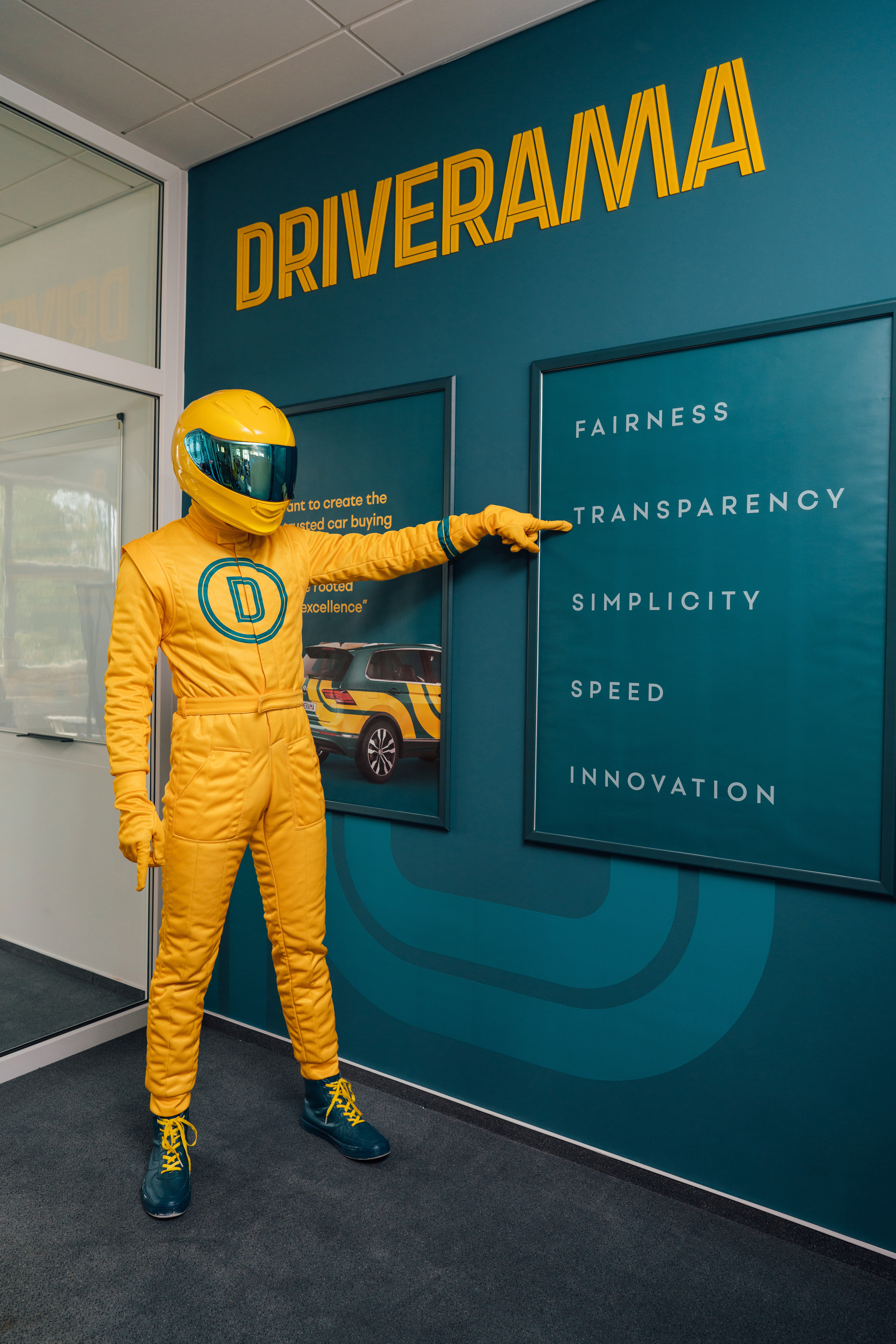Fraudulent car salesmen exploit the ignorance of many buyers to negotiate a better deal for themselves. Today, I will list for you the 5 most typical scams to look out for when buying a car to ensure that car dealers will no longer be able to lead you up the garden path.
1. Tampering with the mileage
The first and most common scam when buying a car is the odometer having been rolled back. According to police statistics, the mileage has been tampered with on about 30 percent of all used cars sold in Germany each year. This is no surprise, because rolling back the mileage is relatively easy and can increase the value of a used car enormously. Lower mileage, fewer signs of use, less wear and tear - it is as simple as that. But how can you tell that a car’s mileage has been tampered with? Unfortunately, that is not such an easy matter and even sometimes impossible in the case of minor embellishments (10,000 to 20,000 kilometres). With these tips, you will be able to tell if a car’s mileage has been tampered with:
a) Check the service log book, MOT general/exhaust inspections and repair bills
The mileage is recorded there and if you see a higher mileage than the current mileage in one of these invoices (if you get them from the seller), then this is a clear case of fraud.
b) Check the condition of the vehicle and contact the previous owner
Here too, it is often difficult, because you can only draw limited conclusions about the mileage of a vehicle from its condition. In the case of very large embellishments, however, it can already be noticeable if the vehicle is in much worse condition than is usual for this mileage. Of course, you can only judge that if you engage in this sort of business every day and know something about cars - like I do :)

c) Check the car via an automotive data provider (for example carVertical):
Using the chassis number of the used car, automotive data providers such as carVertical can find out a wide range of information, including the true mileage of a car. The data is clearly compiled in a vehicle history report and the buyer receives information which can prevent fraud when buying a car.
2. Transport costs, escrow accounts and advance payments
Fraudulent car dealers often want you to pay part of the transport costs for a vehicle or even part of the purchase price in advance – “just to secure the deal of course”. As soon as the payments have been made, this “friendly” car dealer stops communicating with you and you never hear from him again. Watch out! Don’t make any advance payments for cheap offers you found on the Internet. Even if it is your dream car, it’s just not worth the risk! Even if the seller wants the money transferred to a “secure escrow account” or makes other promises of security, steer well clear of transactions like this.
3. Hidden defects and past damage
Repaired accident damage reduces the price of a used car enormously, no matter how professional the repair was. For this reason, some sellers try to conceal minor defects in order to negotiate a higher price. The best and easiest way to avoid this scam is to perform an extensive inspection and test drive the car. Use all of your senses during your test drive and inspection: Can you see any hidden scratches on the door? Does the interior smell a bit mouldy? Can you hear strange noises when you start the engine? It is always best to take another person with you on your test drive, ideally someone who knows about cars - four eyes always see more than two.

If you want to be on the safe side, automotive data providers can help you with this too. At carVertical, for example, past damage is even shown with pictures in the vehicle history reports and common defects found in the vehicle model series are listed. This means that you can check whether your car dealer is hiding certain defects from you or treating you fairly.
4. Cheap import vehicles
Import vehicles, mostly from the USA, are offered here in Europe at bargain prices. However, these are sold at auctions over there because they are no longer roadworthy and are accordingly cheap. Here, they are often repaired and resold as cheaply as possible, without any attention being paid to quality. Quality goes hand in hand with safety! Therefore, my advice to you would be that you stay well away from car purchases like this and rather that you invest in your safety and that of your passengers.
5. Sale of stolen vehicles
Stolen vehicles are sold on to unsuspecting customers with forged papers. The papers are forged with enormous accuracy, making it impossible for ordinary people to distinguish between the original and the imitation. You should be sceptical about the following scenarios:
The entire purchase process takes place only online
An unusual place is chosen for the handover of the vehicle
The seller only accepts payment in cash
There is a high probability that this is a fraudulent car dealer trying to sell you a stolen car. One way to be absolutely sure is to meet the seller directly at the registration office and to register the car together. If he refuses, I would advise you to abandon the purchase and find a reliable car dealer. Automotive data providers can also provide clarity. Using the chassis number, data providers check international theft registers for stolen vehicles and if there is an entry for that vehicle in any country, it will be mapped in the vehicle history report together with other information about the vehicle.
Conclusion: Be vigilant when buying a used car
Scams happen all the time when people buy cars, so I hope that my list of the most common scams has prepared you to make a safe used car purchase. Keep your ears, nose and eyes open and, in addition to that, trust your gut feeling. Take an expert along with you for the test drive or contact a professional data provider to make sure the information provided is true.
If all else fails, just drop by one of our branches and I will personally make sure you get the car of your dreams.
